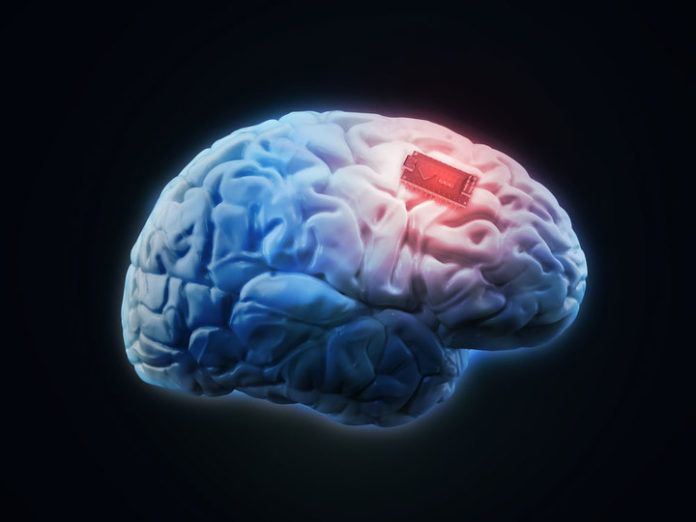Breakthroughs in neuromodulation could create more effective alternatives to prescription painkillers, according to Dr. Konstantin V. Slavin, professor of neurosurgery at the University of Illinois at Chicago.
Neuromodulation is a form of non-destructive and minimally invasive surgical treatment that uses electrical, chemical, or mechanical stimulation to the brain or nervous system.
“[Neuromodulation] is a very effective form of treatment,” said Dr. Slavin. “The main advantage is that it can be tested and changed based on the patient’s condition, and it doesn’t destroy any tissue.”
Even though neuromodulation therapy isn’t as mainstream as opioid therapy, these technologies have been treating chronic pain since 1967. In 1965, doctors realized pain was the result of complex functions in the body’s nervous system, so they began treating pain with deep tissue stimulation of the brain.
Apart from offering pain relief without addicting the patient, there are three reasons why neuromodulation is a viable option: implants don’t give people unwanted tingling and numbness, the devices are adjustable, and they can be permanently removed when the user no longer feels pain.
Two implants were presented at the…(continue reading)
















